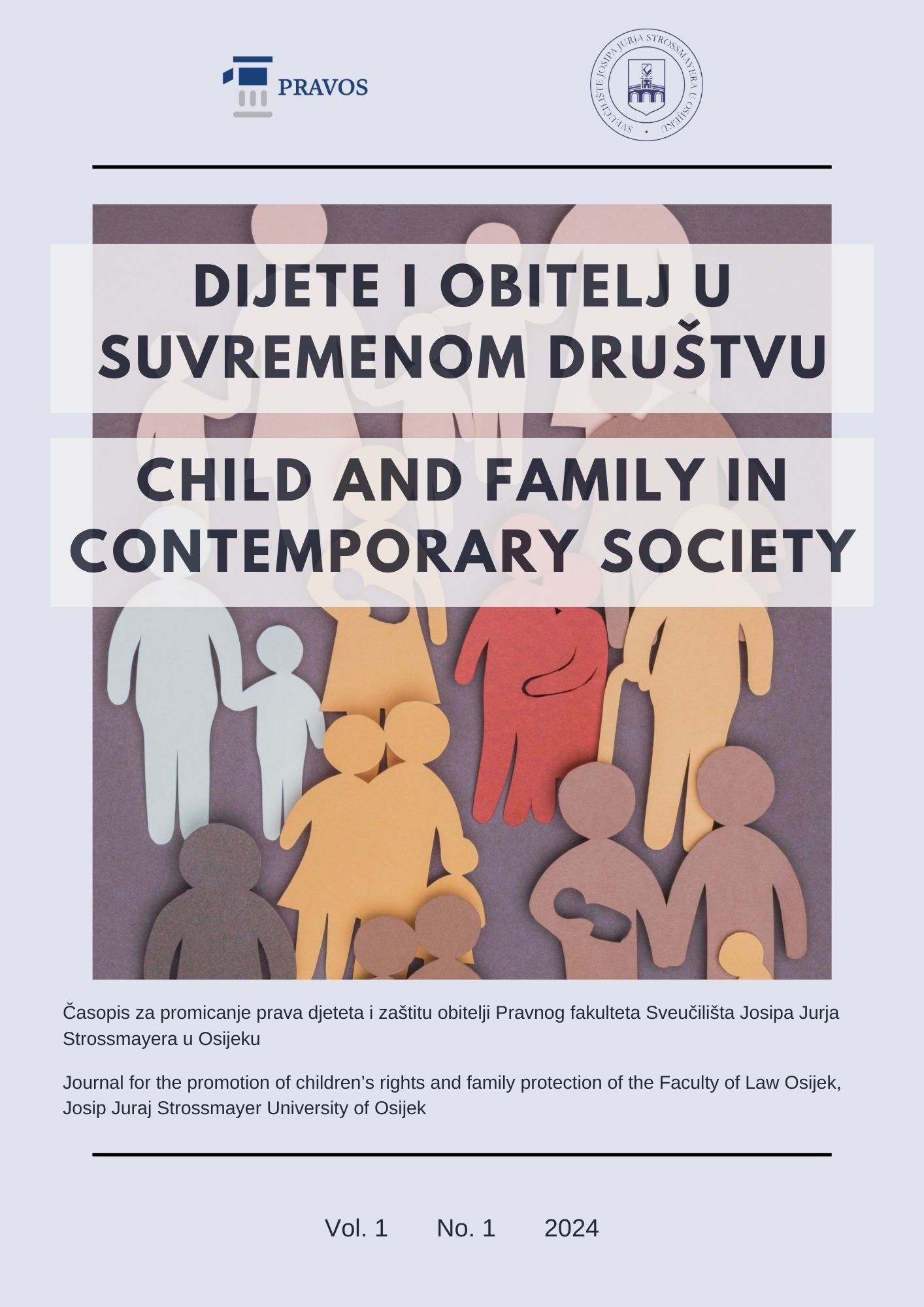THE SUSTAINABLE DEVELOPMENT GOALS AND THE APPLICATION OF THE LIFE CYCLE APPROACH IN THE IMPLEMENTATION OF SOCIAL PROTECTION FOR FAMILIES IN CRISES
DOI:
https://doi.org/10.25234/dosd/31284Keywords:
family, COVID-19, human capital, crises, social workAbstract
The Sustainable Development Goals (hereinafter: SDGs), also known as the Global Goals, are a universal call to end poverty, ensure social inclusion, and protect the environment. Leading social protection programs anchored in Croatia’s policy framework represent an important strategy that has the potential to reduce poverty and inequality and protect people from the risks they face. In addition, social protection aims to promote the development of human capital and support economic growth, which are important measures of the SDGs. However, a narrow conceptualization of poverty without taking into account the dynamics of poverty across the life course and local forces poses a challenge for implementation. The presented case study from the COVID-19 pandemic, as well as the literature, provide support for examining the challenges in the implementation of social protection programs and their impact on the Sustainable Development Goals in crisis situations in society, especially in the domain of family protection. This concept and life cycle approach are important for the formulation, design, and implementation of social protection in achieving the SDGs. The approach is based on an understanding of the life cycle that recognizes the specific challenges, risks, and shocks that individuals face throughout their lives. The aim of the paper is to emphasize the need to build and prepare social protection systems to deal with shocks and vulnerabilities relevant to the SDGs, using a life cycle approach as a guiding framework.
Downloads
Published
How to Cite
Issue
Section
License
Copyright (c) 2024 Gordana Horvat

This work is licensed under a Creative Commons Attribution-NonCommercial 4.0 International License.



